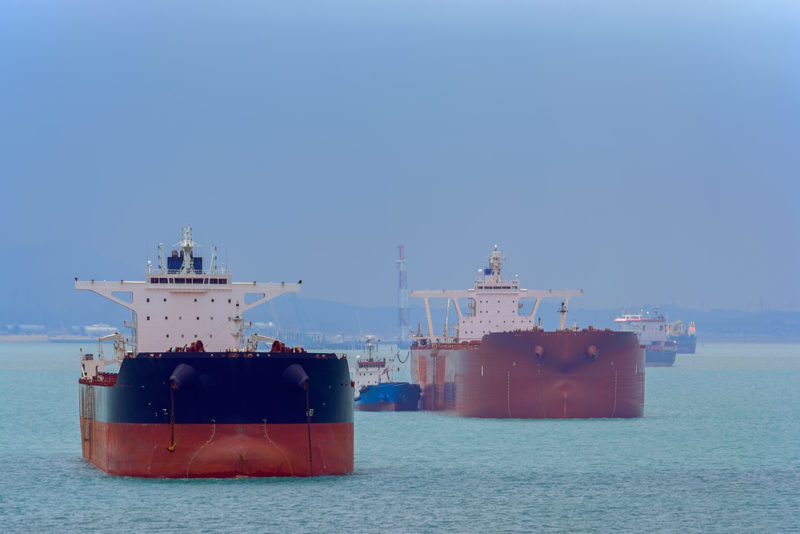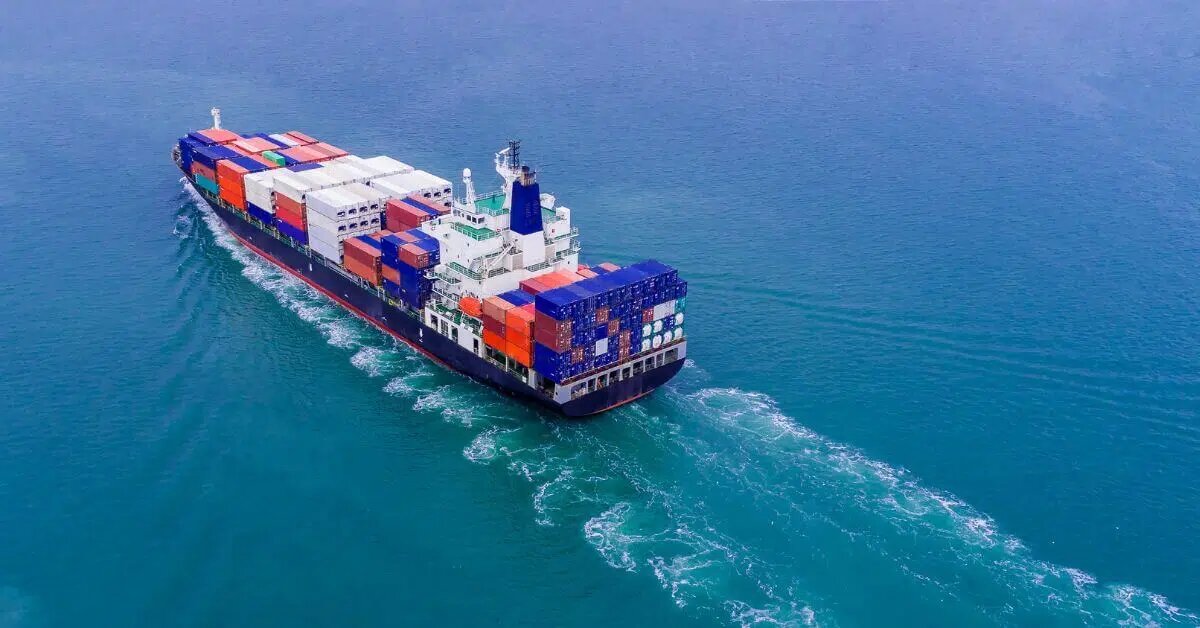On August 19, the Korea Ocean Business Corporation (KOBC) announced the establishment of the “Arctic Route Comprehensive Support Center,” a new department dedicated to the formal implementation of the Arctic route development project.
In June of this year, KOBC established a “Special Task Force (TF) for Arctic Route Development” to formulate mid-to-long-term development blueprints and strategies. This newly established Arctic Route Comprehensive Support Center transforms that temporary organization into a permanent, specialized body that will conduct actual operations. It is composed of seven members, including Planning Group Leader Jeong Yeong-du, and consists of marine finance experts and professional maritime engineers.
The Arctic Route Comprehensive Support Center plans to facilitate the official opening of the Arctic route by raising an Arctic route development fund, supporting necessary infrastructure construction, promoting multi-vessel and multi-voyage operations focused on energy cargo, and establishing regular shipping routes. It will also build an Arctic route information platform.
To this end, the center has already initiated work on economic analysis, fund design, potential cargo exploration, and global network expansion, and plans to actively expand international cooperation channels in the future.
The Arctic route can shorten the voyage from Busan Port, South Korea, to Rotterdam Port, Netherlands, by up to 37%, reducing sailing time by an average of over 10 days, with significant effects on saving fuel costs and reducing greenhouse gas emissions. In recent years, due to factors such as congestion in the Suez Canal and tensions in the Red Sea and the Strait of Hormuz, the instability of existing southern routes has intensified, further highlighting the value of the Arctic route as a stable alternative.
The significance of South Korea’s Arctic route development project lies in breaking through the logistics structure centered on the capital region, establishing the southeastern region as a marine finance and global logistics base, and integrating with the shipbuilding industry in Busan Port, Ulsan Port, and South Gyeongsang Province to build an industrial cluster encompassing the construction of polar vessels, port operations, and supply of eco-friendly fuels.
KOBC President Ahn Byeong-gil stated, “The establishment of this new organization is the starting point for turning ideas into action. Through the development of the Arctic route, we will strive to make the southeastern region a forward base for marine finance and logistics facing the world.”
In 2013, South Korea officially became an observer state of the Arctic Council and subsequently began actively promoting national Arctic policy planning, establishing a implementation timetable. In August 2013, the Ministry of Oceans and Fisheries, together with the Ministry of Foreign Affairs, the Ministry of Trade, Industry and Energy, and other relevant departments, formulated and announced the “Arctic Comprehensive Policy Implementation Plan.” A senior South Korean government official stated that the government would make every effort to support the implementation of the plan, with the top priority being the development and utilization of the Arctic route.
South Korea believes that the commercial shipping value of the Arctic route is increasing and that it holds greater advantages over other East Asian regions. For example, Busan Port in South Korea has significant locational advantages and competitive potential compared to major port cities in East Asia like Shanghai, Hong Kong, and Singapore. To attract domestic shipping companies to actively participate in the development of the Arctic route, the South Korean government has, since 2014, offered a 50% reduction in port facility fees for all vessels calling at ports that use the Arctic route.




